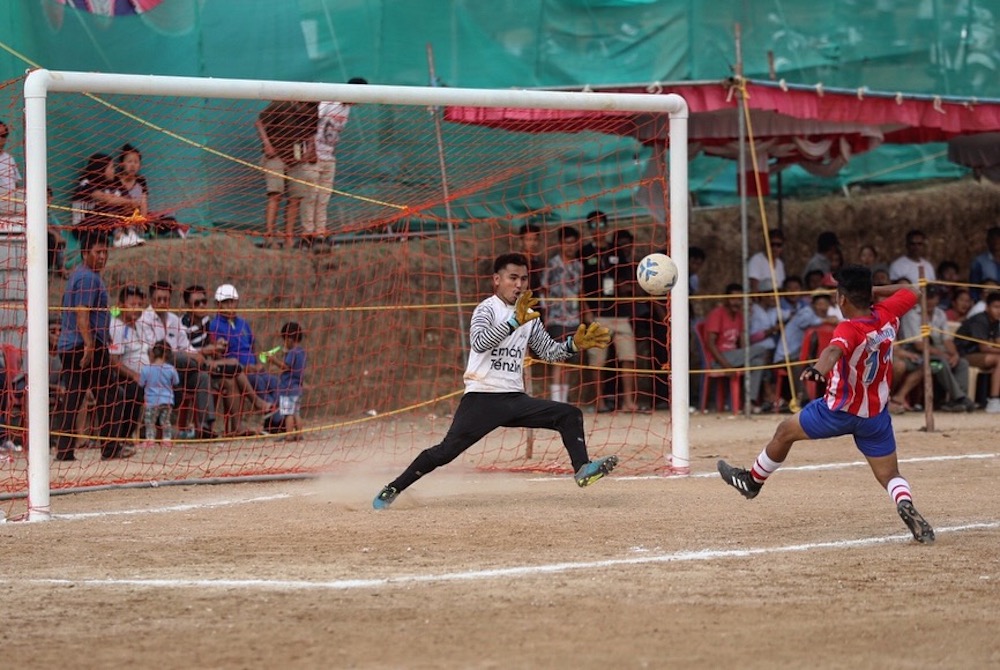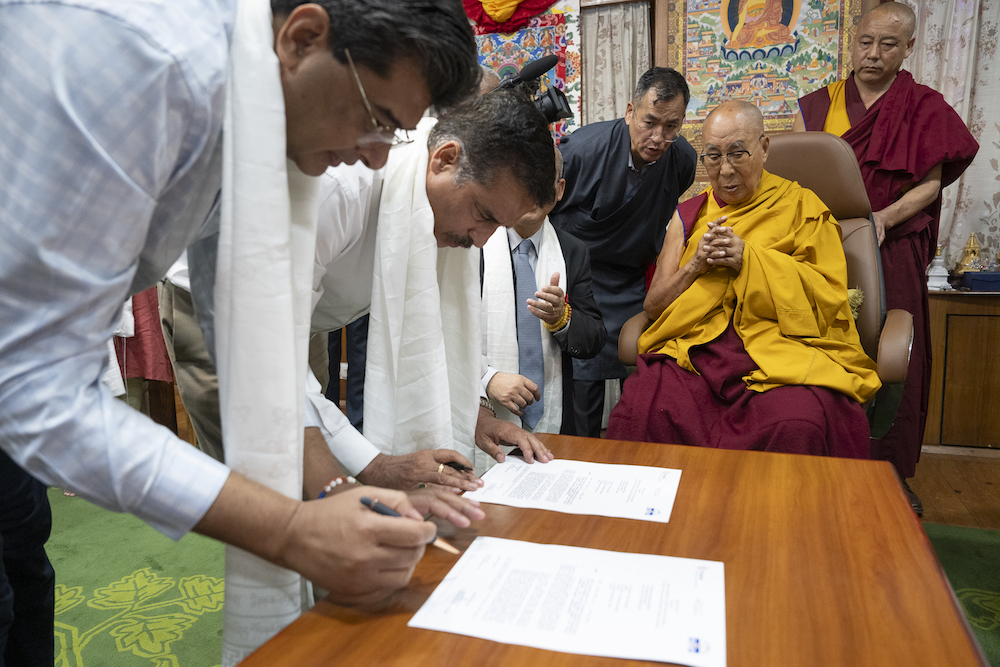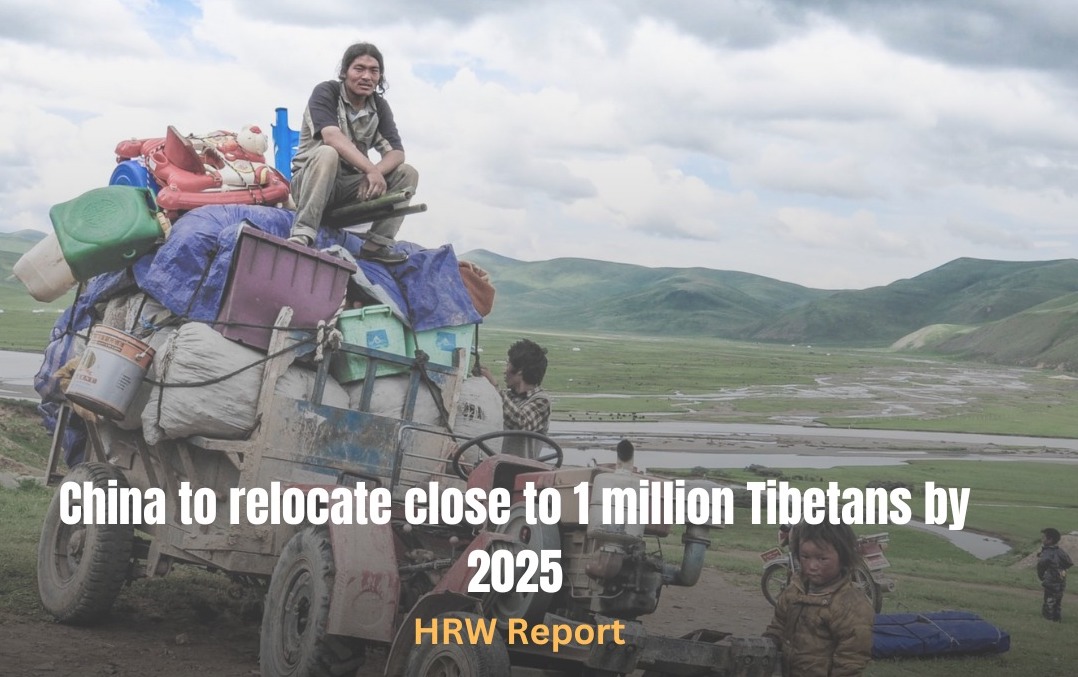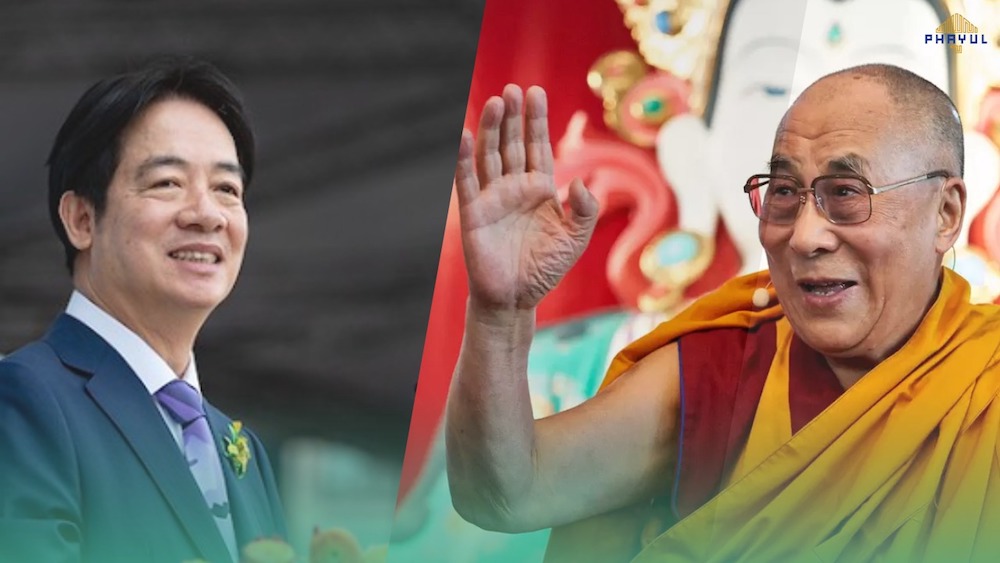MYSORE, June 26 – The Regional Tibetan Youth Congress (RTYC), Bylakuppe, Mysore District, has urged the Prime Minister, A.B.Vajpayee, to reconsider India’s stand on Tibet. While welcoming the improvement in bilateral ties between India and China, the adviser to the RTYC, Lobsang Dorjee, sought a review of India’s policy towards China vis-à-vis Tibet.
Addressing presspersons here today along with the RTYC President, Tsering Lhakayap Janyel, and the President, Regional Tibetan Women’s Association (RTWA), Tenzing Kyizom, Mr. Dorjee said the joint declaration issued in Beijing that “India recognises Tibet as part of the People’s Republic of China” was “disappointing”.
Deploring India’s stand, Mr. Dorjee said Tibet, their homeland, was an independent nation before its illegal occupation by China.
“By all international standards and law, Tibet was a free country, maintaining full diplomatic mission with countries in the region such as Nepal, Bhutan, Sikkim, Mongolia, China, British India, and to some extent with Russia and Japan.”
Tibetans, he said, were disappointed with India’s recognition of Tibet as a part of China. The declaration by India and China was a distortion of historical facts and subversion of Tibetans’ right to freedom.
“We regard this declaration as a fabrication for the sake of political convenience,” he said.
Linking Sikkim with India’s reciprocal recognition of the Tibet Autonomous Region as part of China had been Beijing’s preparation to extract maximum concessions from the Prime Minister in the garb of opening a new chapter in bilateral ties between the two neighbours, he said.
“Beijing’s ploy to make New Delhi accept China’s sovereignty over Tibet has succeeded again,” Mr. Dorjee said. The Tibetan organisations have sought to caution India against the grave security risk arising out of recognition of Tibet as part of China.
“Tibet acted as a buffer zone between India and China till 1959. India had no threat from across the northern border”. But the scenario changed soon after China occupied Tibet in 1959, Mr. Dorjee said.
“India was forced to defend its borders for the first time in 1962 when China violated the 1954 treaty of Panchsheel,” he said. Nevertheless, Mr. Dorjee said the Tibetans would continue their struggle for independence of Tibet from China. s”Tibet belongs only to Tibetans. We firmly believe that the people of India are with us in this struggle.”
Mr. Dorjee and other Tibetan leaders expressed their gratitude to the Government and the people of India for granting political asylum and extending facilities.
They also welcomed the recent assurance given by Minister for External Affairs, Yashwant Sinha, that there would be no change in the Government’s policy vis-à-vis the Dalai Lama and the Tibetans in India.









